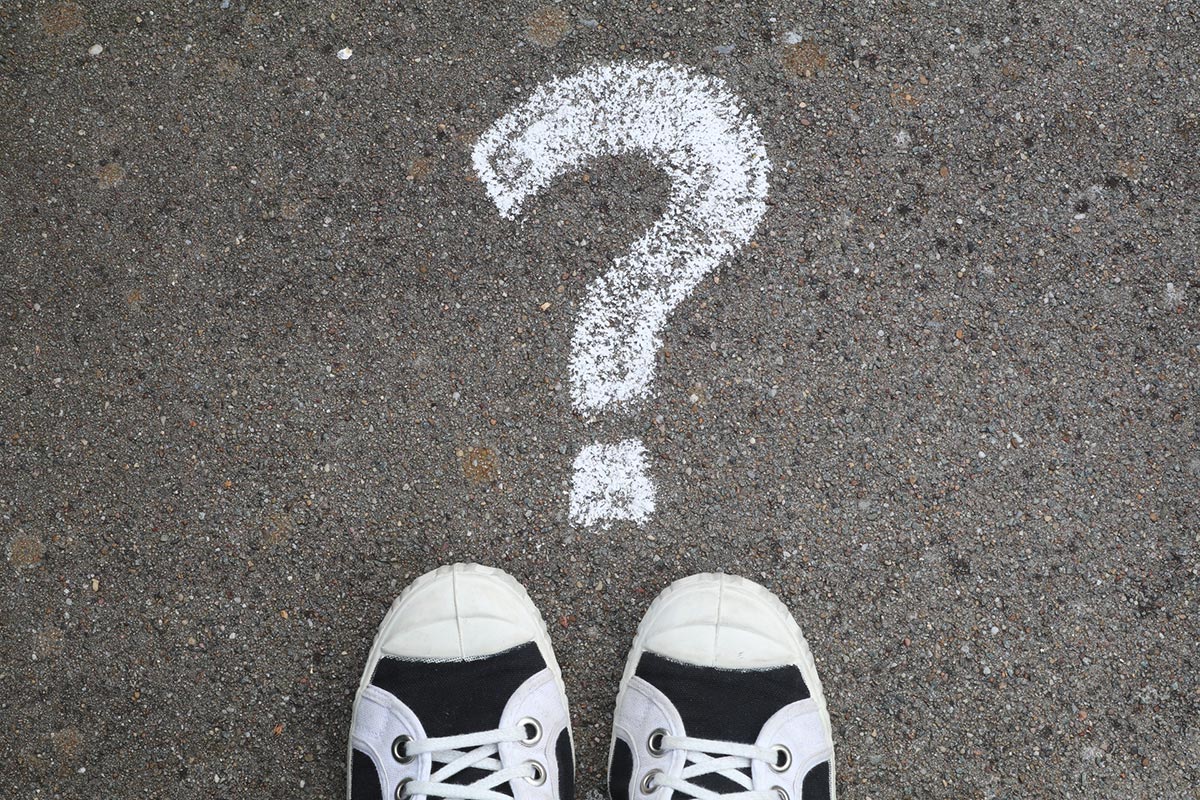Which Arabic Dialect Should You Learn

One of the first things that student needs to research and question is which Arabic dialect is the best for me. The answer may vary because there are different dialects in Arabic but the most common is Gulf, Levantine and Egyptian. Here we will give some insight into these dialects.
Peninsular Gulf Arabic خليجي (khaligi) is the general name for the Gulf region (Saudi Arabia, Qatar, Oman, Bahrain, Yemen, UAE and Iraq) however the accent changes slightly from one country to another. For example, the word “very” in Saudi Arabia is مرَّة ‘’marra’’ but in UAE is وايد ‘’waayed’’.
In UAE and Kuwait, they pronounce the letter ك sometimes as “ch”. For example, جم instead of كم. Regardless of these slight differences the Gulf dialect is widely understood and spoken throughout the region. So, if your client, your friend or your spouse is from the Gulf region or you are interested in visiting the area then this is the dialect for you.
Some common phrases in this dialect:
- ما قصرت/ ما قصرتي maa gaSSart/ maa gaSSarti which means “Thank you” for a male/female.
- يصير خير yiSiir khair means “it will be good/fine”
- إن شاء الله insha’ Allah means “hopefully or God willing”
Egyptian dialect مصري (maSri) is considered the most understood dialect in the Arabic language because of their massive media presence and influence. Most of the people living in Arabic countries grow up watching Egyptian shows, movies and music. Therefore, almost everyone understands Egyptian Arabic but they don’t speak it necessarily.
Common phrases in Egyptian Arabic:
- مفيش مُشكِلة mafiish mushkila means there is no problem.
- مُش كِدا mush kida means not like that
- حَصَل خير HaSal khair means it’s all good
Levantine dialect شامي (Shaami) is my favourite dialect personally, it has a beautiful ring to it and is widely spoken in Lebanon, Syria, Palestine and Jordan. Like the Gulf dialect, there are a slightly different from one Levantine country to another.
For example the word coffee قهوة , in Jordan and Palestine they would pronounceق as ‘g’.e.g. قهوة gahweh, but in Lebanon and Syria ق is pronounce as ‘ or a glottal stop e.g. قهوة ‘ahwe.
Common phrases in Levantine dialect :
- بيجنِّن/ يتجنِّن bijannin/ bitjannin mean insanely beautiful or amazing for male/female.
- تِكرَم /تكرمي tekram/ tekrami mean you’re welcome male/femal.
- بدّي beddi means I want.
Although there are distinct groups of dialects, people in Arabic countries are able to understand and communicate with each other very easily, and that’s because they share the same vocabularies, grammar and pronunciation except in some occasion.
Another Arabic dialect (not purely Arabic) is the North African dialect which is not completely Arabic due to the influence of French and Italian language. Mainly in Tunisia, Morocco and Algeria, Libya, Mauritania and Western Sahara. People from this region use MSA to try to communicate with other Arabic speakers. If you are interested to learn the Spoken Arabic then you should try to avoid learning the North African dialect unless you are going to live there or communicate with family members…etc.
Finally, would you be able to speak with another dialect if you learn one of the dialects and the answer is Yes! All Arabic dialects are intelligible. If you learn Egyptian dialect you can have a conversation with someone from Lebanon or Gulf and vice versa. So, if you want to have a day-to-day conversation then learn the dialect of your choice.
